
Luca Emili
CEO at InSilicoTrials
Introduction
The pharmaceutical industry is at a pivotal moment where artificial intelligence (AI), machine learning, and advanced simulation technologies are revolutionizing drug development. Traditional research and development (R&D) models are costly, time-consuming, and have low success rates, often taking over a decade to bring a new drug to market. However, AI-driven simulations, known as in silico trials, are transforming the landscape by accelerating research, enhancing predictive accuracy, and improving regulatory approval timelines.
These advanced simulations integrate AI-powered virtual patient modeling with traditional pharmacokinetic and pharmacodynamic (PBPK, PKPD, QSP) models. By doing so, they generate digital evidence that meets regulatory standards, reducing the reliance on extensive physical trials. This innovative approach shortens the average drug development timeline from 12 to 8 years, significantly improving efficiency, cost-effectiveness, and overall success rates.

The Future of Drug Development: AI-Driven Trials
luca Emili
Challenges in AI-Driven Drug Development
Despite the promise of AI and simulation technologies, widespread adoption still faces several key challenges:
- Regulatory Acceptance: Regulatory bodies are continuously evolving their frameworks to accommodate AI-generated digital evidence alongside traditional clinical data. The lack of standardized guidelines can slow the adoption of AI in drug trials.
- Data Integration & Standardization: Pharmaceutical companies must harmonize diverse datasets from various sources, such as electronic health records, omics data, and real-world evidence, to train AI models effectively.
- Technological Adoption: Many organizations lack the internal expertise, infrastructure, and computational resources to implement AI-driven simulation platforms seamlessly.
- Trust & Validation: The high efficiency of in silico trials can sometimes be met with skepticism from stakeholders, necessitating rigorous validation processes and industry-wide education on the reliability of AI-generated outcomes.
Solutions & The Path Forward
To overcome these challenges and fully realize the potential of AI in drug development, several strategic solutions must be implemented:

Regulatory Collaboration: Companies are actively working with regulatory agencies, such as the FDA and EMA, to establish guidelines for AI-driven digital evidence, ensuring compliance and increasing acceptance.
AI-Enhanced Data Infrastructure: The use of cloud-based solutions and advanced machine learning models enables seamless integration of multi-source datasets, allowing for more accurate simulations and predictions.
Training & Upskilling: Pharmaceutical companies must invest in AI and data science education to bridge the knowledge gap and ensure that professionals are equipped to leverage AI-driven technologies effectively.
- Demonstrating Proven Impact: Case studies and successful applications of in silico trials in real-world drug development will provide validation, build trust, and encourage broader adoption of these technologies.
- Ethical Considerations & Bias Mitigation: Ensuring that AI models are transparent, unbiased, and ethically designed is critical for gaining the confidence of both regulators and the public.
Conclusion
As AI-driven simulations continue to mature, they will redefine the future of drug development by making treatments more accessible, cost-effective, and efficient. By addressing regulatory concerns, improving data standardization, and investing in AI adoption, the pharmaceutical industry can fully harness the power of in silico trials. The integration of AI into drug development is not just an incremental improvement but a transformative shift that will pave the way for faster and more precise medical advancements.
The future of pharmaceutical R&D will be shaped by computational power, regulatory alignment, and a commitment to innovation, ensuring that AI-driven drug trials become the new standard in bringing life-saving treatments to market more rapidly and efficiently.
power, regulatory adaptation, and industry-wide digital transformation
Need an appointment



Quick Links
We build really better idea
Subscribe for newsletter & get day news, service updates
Resources


Need an appointment










